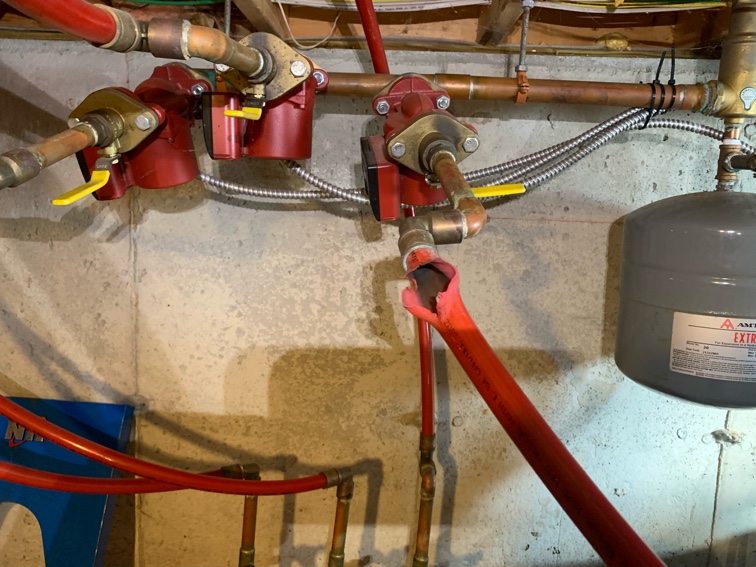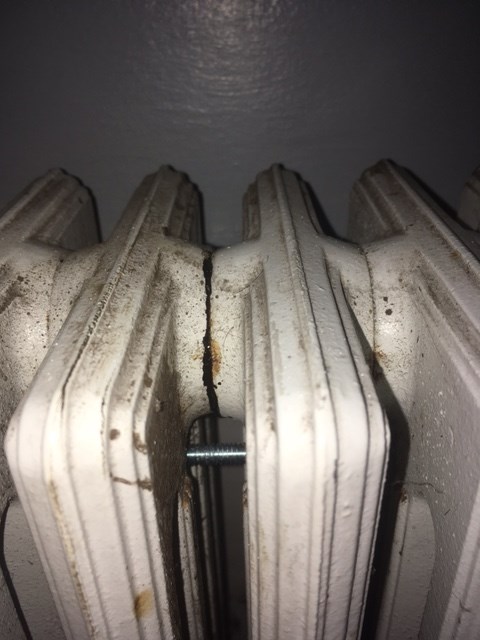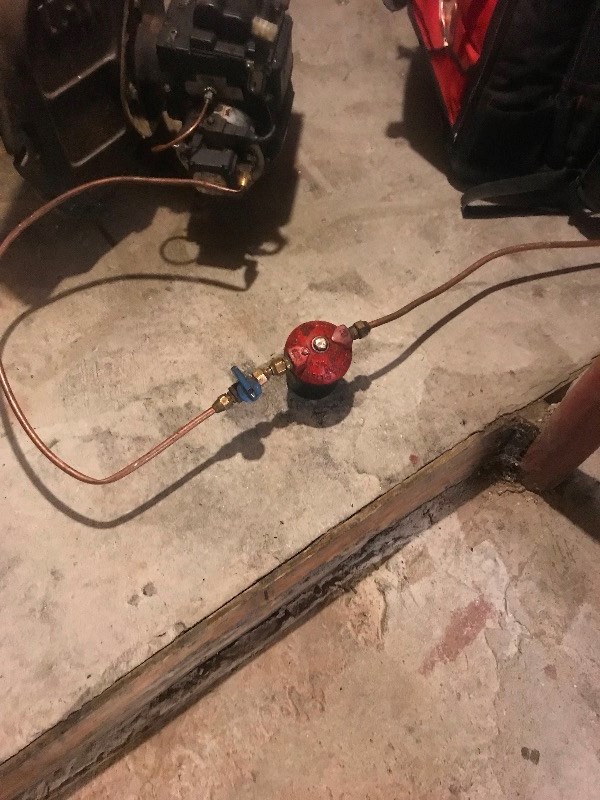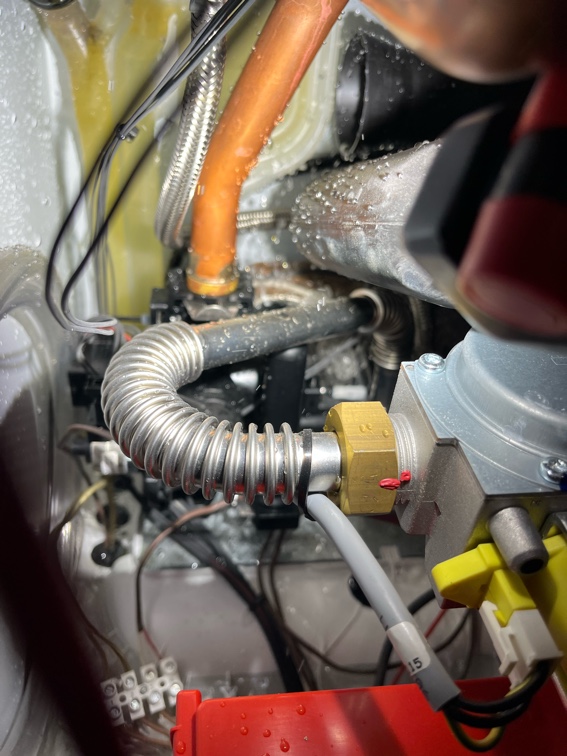4 Items Common in Freeze Damage Claims
Heating equipment undergoes unusual stress during the winter months, particularly when temperatures fluctuate. This stress may result in freeze damage, including cracking and fuel clogging. Some HVAC components are more likely to be included in claims related to cold weather than others, and adjusters should be familiar with the conditions that lead to freeze damage. We’ve identified 4 items commonly found in claims related to freezing conditions: copper and PEX piping, radiators, fuel lines, and boiler heat exchangers. Here’s why they may be susceptible to losses due to dropping temperatures.
1. Copper and PEX Piping
The sudden changes in temperature during the winter months can cause a home’s piping to expand and contract. The additional stress may trigger pipes to burst, which could result in water damage to the surrounding area. Fortunately, copper and PEX piping is usually easy to repair. A comprehensive assessment could determine how much of the piping is affected and needs to be repaired.
Freezing temperatures caused this boiler pipe to burst, allowing water to flow out of the crack and damage other HVAC equipment nearby.
2. Radiators
Due to their proximity to exterior walls and windows, radiators frequently encounter outdoor temperatures. Cast iron is particularly susceptible to the stress caused by freezing temperatures and are more likely to crack than less brittle materials. Cracked cast iron radiators will likely need to be replaced. The pipes in baseboard radiators can also freeze, but they may be repairable.
This radiator has cracked due to freeze damage and will need to be replaced.
3. Fuel Lines
Low temperatures can cause the oil in an oil-burning furnace or boiler to gel and clog the fuel lines. This obstruction could cause an incomplete combustion and prevent proper operation of the system. However, it’s also possible that oil furnace clogs are the result of lack of maintenance. An expert should be consulted to verify the cause of loss.
The oil in fuel lines and filters may clog during cold weather.
4. Heat Exchangers
A boiler may cease operation for a variety of reasons, including a power surge, lack of fuel, or an issue with the thermostat. As the ambient temperature drops, water within the heat exchanger can freeze and cause the heat exchanger to crack.
Leaking water in this boiler froze and damaged the heat exchanger.
However, heat exchanger failures may be caused by wear and tear. Adjusters should have boilers properly assessed before settling claims.
HVACi helps adjusters by assessing HVAC and refrigeration equipment included in claims on behalf of insurance carriers. Our country-wide network of experts provides thorough, evidence-based recommendations when adjusters need them most.
Have a claim with HVAC or refrigeration equipment where freezing conditions are the suspected cause of loss? Submit a claim to HVACi. We’ll complete a comprehensive onsite assessment to determine the actual cause of loss and scope of damage and recommend repairs or replacements to return the equipment to pre-loss condition.
Fill out the form to get your copy of our Multi-Unit Freeze Damage Case Study to learn more about HVACi’s experience in assessing large weather-related losses.





